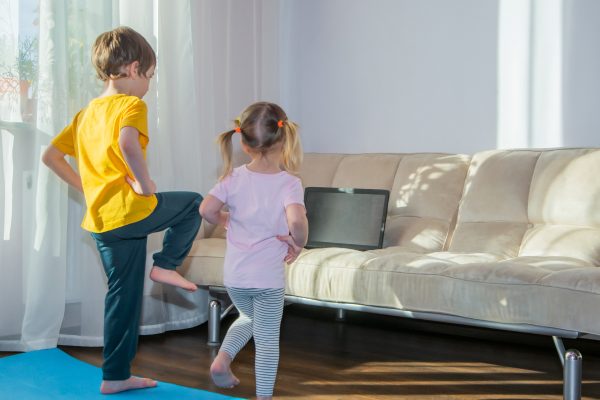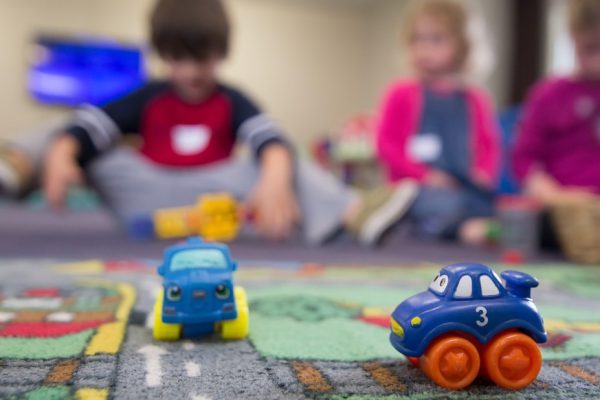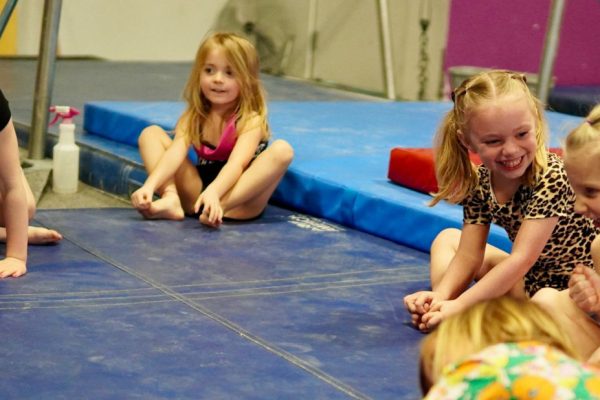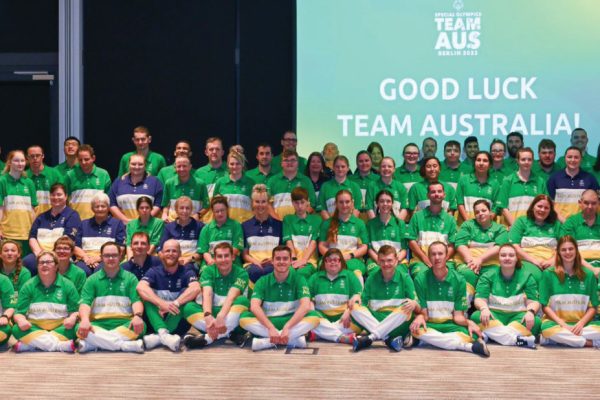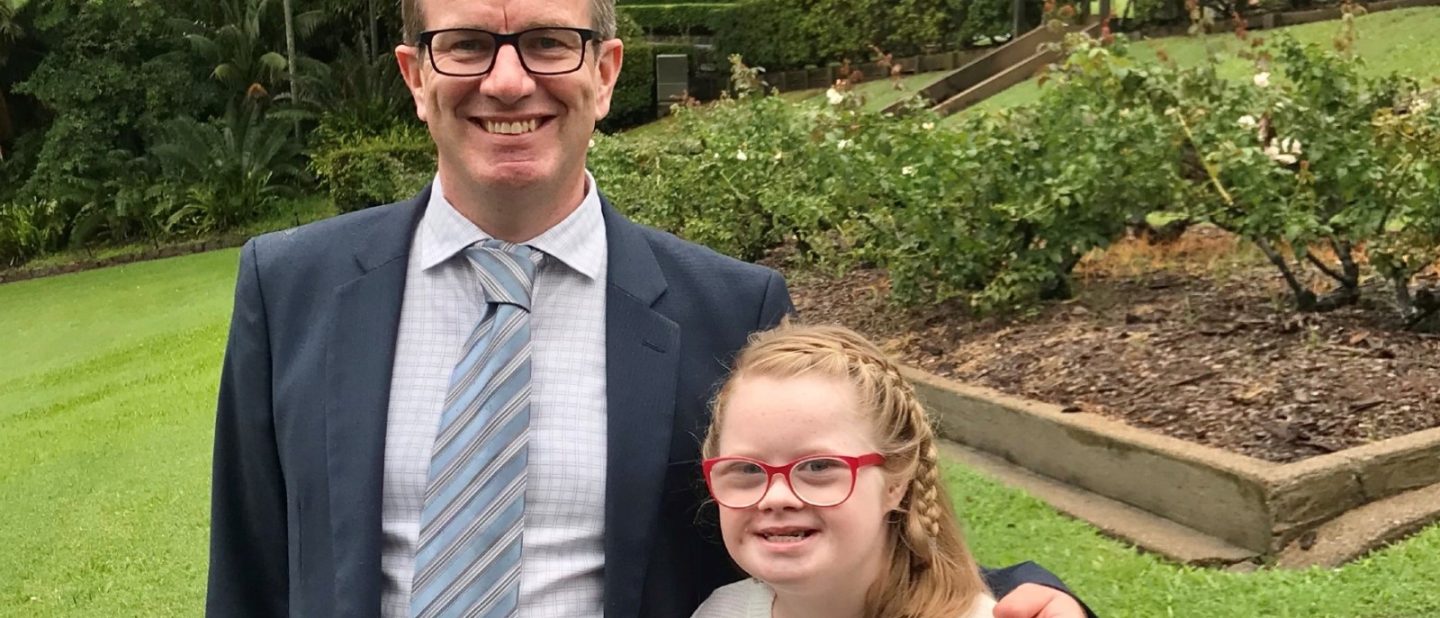
Down syndrome advocacy & the fight for inclusion
by Rachel Williams
Around 200 babies born in Australia each year have Down syndrome and while major medical gains have been made and supports have improved, a leading advocate says their biggest challenge is community inclusion.
Down Syndrome Queensland is just one of the country’s state and territory organisations working under the leadership of Down Syndrome Australia to alter community perceptions and generate greater equality.
CEO Darryl Steff has been in the role at DSQ for 4 years, and while he loves his job, he hopes it one day becomes redundant.
“Our goals are to continue the work we do and to influence change in the community so that people with Down syndrome, and their support networks, are adequately supported to achieve their goals,” Darryl says.
“Our long-term goal, or call it Nirvana, is that organisations such as DSQ are no longer needed as the community is automatically inclusive of all differences and supports everyone regardless of disability.”
Down syndrome is a genetic disorder caused when abnormal cell division results in extra genetic material from chromosome 21. It causes a distinct facial appearance, intellectual disability and developmental delays.
Darryl says people with Down syndrome are valuable and contributing members of their communities and it was an honour to empower individuals to fulfil their potential.
DSQ has more than 20 staff who are available to assist around 2500 people across all age groups throughout the state. They provide information and support from prenatal diagnosis to early intervention to education, behaviour, communication, NDIS, relationships, employment, independent living and health.
“We are also a registered NDIS provider and provide programs from social capacity building activities to online programs and capacity building (post-school) programs,” Darryl says.
“Over 3000 people attended over 400 of our NDIS Programs in the last 12 months and we supported over 1000 people with information, support and resources.”
He reports that the NDIS has made a positive change in terms of assistance.
“As with all major new initiatives it is not perfect, but by taking a goals-based approach with the individual with Down syndrome having the choice and control over the supports they receive, it is a system that is definitely heading in the right direction,” he says.
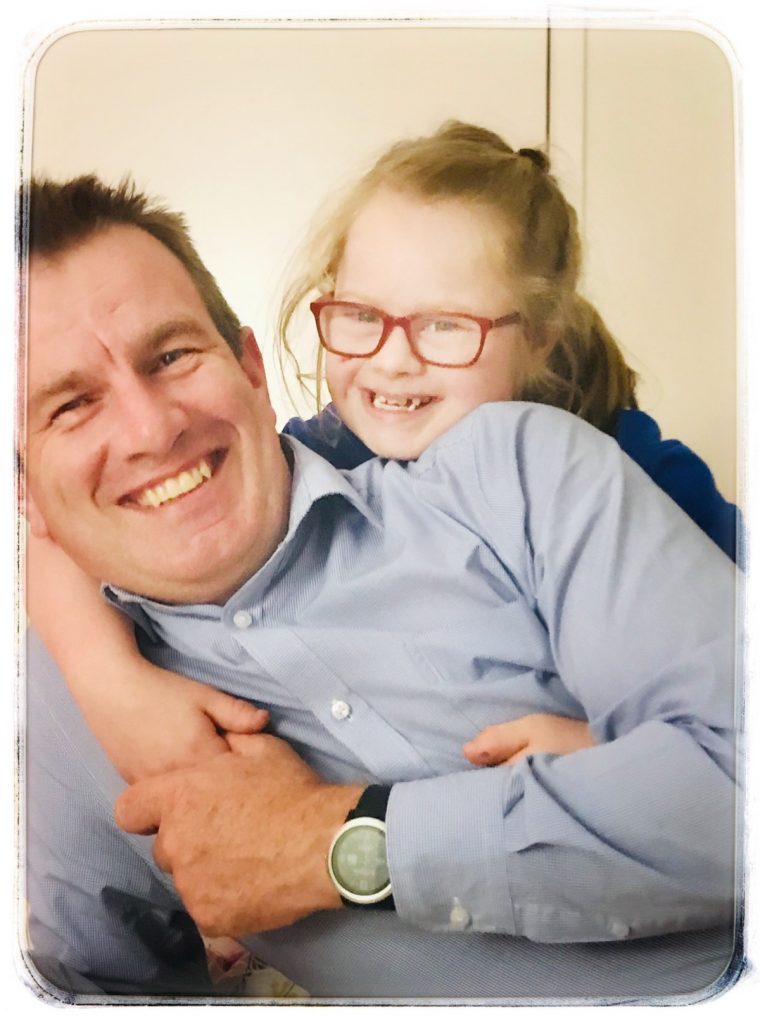

“In terms of health supports, people with Down syndrome still generally have worse health outcomes than the general population, and therefore more work needs to be done in this area. Down Syndrome Australia have a Health Ambassador program currently running which has people with Down syndrome working to educate health practitioners on how best to interact with people with Down syndrome.”
Prenatal testing for Down syndrome has been available since the late 1960s when women over the age of 35 were offered amniocentesis to test for Down syndrome.
Non-invasive prenatal screening (NIPS) is now available as early as 10 weeks’ gestation to screen for various chromosomal conditions, through an examination of maternal blood.
Darryl says that there is no doubt that the introduction of NIPS has reduced the number of births of children with Down syndrome across the country. But while many women decide to terminate a pregnancy on discovery of the condition, many do not. Darryl says there are concerns that women are not being given appropriate, balanced information.
“Some families who receive a diagnosis of Down syndrome have told us that doctors questioned their choice to continue their pregnancy, or have told them that their child would have a lifetime of suffering,” Darryl reveals.
“Down Syndrome Australia is currently preparing a submission to the Disability Royal Commission on this topic in order to improve the information provided at the time of prenatal testing, and here in Queensland we are in discussions with the Health Department to improve the education of healthcare professionals.”
A broad community acceptance that people with the disability have the same rights as anyone else is what’s needed to break down barriers, Darryl believes.
“Our experience has shown that people with Down syndrome want the same as anyone else in the community – things like a job, friends, independence, a relationship, happiness etcetera and that if they are given the right opportunities, and appropriate supports, all of these things can be achieved,” he explains.
“All too often though, it is the opportunities that do not exist due to the attitudes of the community. Organisations such as Down Syndrome Australia, and its Federation Members need to be adequately resourced by the State and Federal Government in order to work towards improved community perceptions.”
To contact your local State or Territory Association, visit downsyndrome.org.au



